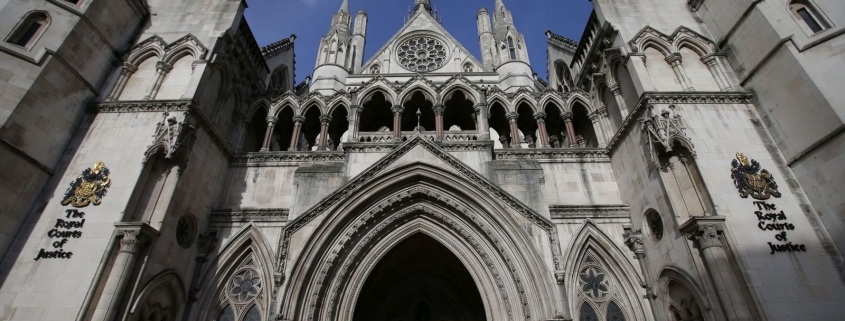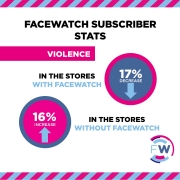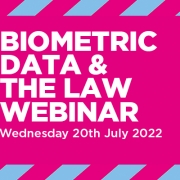Reported by:Rowland Manthorpe
Facial recognition can be legally used by police forces in the UK, judges have ruled.
As the world’s first case against the controversial technology concluded, two leading judges dismissed the case brought by human rights campaign group Liberty on behalf of Ed Bridges, a Cardiff resident whose face was scanned by South Wales Police during a trial of facial recognition.
The judges also ruled that existing data protection law offered sufficient safeguards for members of the public whose faces were scanned by facial recognition cameras, and that South Wales Police had considered the implications.
Liberty lawyer Megan Goulding said: “This disappointing judgment does not reflect the very serious threat that facial recognition poses to our rights and freedoms.
“It is time that the government recognised the danger this dystopian technology presents to our democratic values and banned its use. Facial recognition has no place on our streets.”
A spokesperson for the Information Commissioner’s Office said: “We will be reviewing the judgment carefully.
“We welcome the court’s finding that the police use of Live Facial Recognition (LFR) systems involves the processing of sensitive personal data of members of the public, requiring compliance with the Data Protection Act 2018.
“Any police forces or private organisations using these systems should be aware that existing data protection law and guidance still apply.”
















